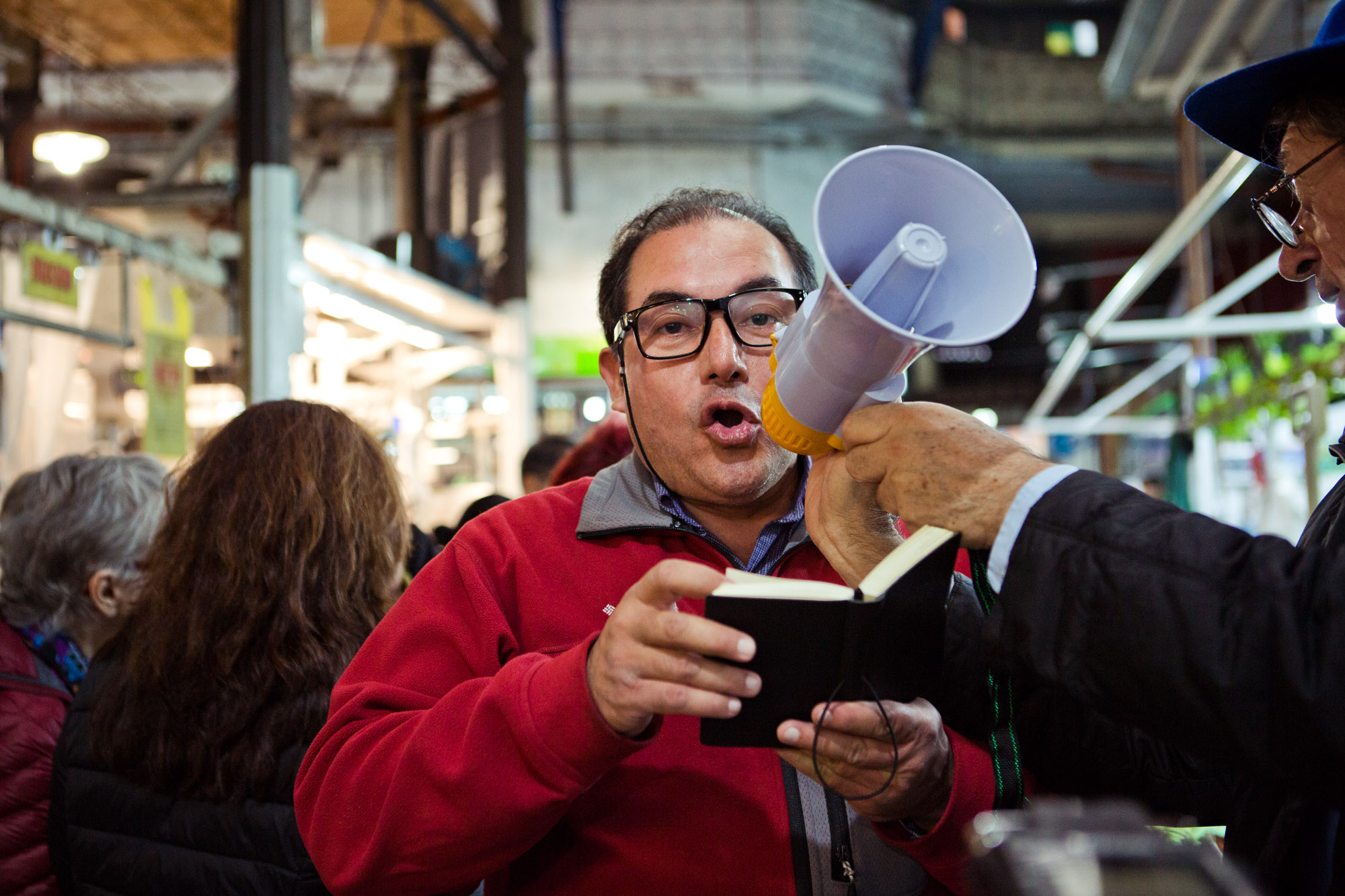INTRODUCTION TO 2018 FIP PROGRAM
Poetry “does not require ideologies or propitiates fanaticism, poetry that opens borders without danger, without carrying evil and arbitrary pain, an unknown ramp of throwing yourself into the air of freedom” said our guest of honor, Ida Vitale upon receiving the award ‘Reina Sofia’.
What a heroic word, without space, or deaths, or closures. Poetry is the one that overlies all the states of the soul and that grows in each festival, meetings, cycles and books where individual reading makes us grow as people, but also, it seems, helps us fight against depression, anguish and other diseases as claimed by different scientific studies that are prescribing read poetry.
On the other hand, it is the only one that is off the markets and the catalogs of publishers. Poetry is that lonely inhabitant who, like the ants, traces paths and in their tracks leave the rhythm, the music, they get rid of vertigo and, at the end of the road they do not know, because they do not look back to those herbs they have left behind, and those have grown in a jungle way and when looked at they explode with verses and ungraspable words.
The world, wars, poverty, girls and boys who instead of playing live among weapons and explosive fires, in the midst of this planetary pain, poetry and poets are a succession of minimal spaces, but in them there grows a being with the vigor of a sunset that falls in the water and always saves us.
Poetry “whose genre has no name” -said Aristotle- can be involved in poem modules, but also, with equal integrity and legitimacy, in any other literary genre or in the plot of several or all of them, a plot to which Lazaro Carreter alludes as peculiar to contemporary writing. For not having gender, poetry can be in all forms that literature adopts. Its essentiality and meaning must be sought in sensibility and in existence rather than in agreed language.
At this time, poetry fills social networks to attract young audiences who have many followers and adopt new ways of saying it with audios and videos. Maybe it could seem like a way to not consider it boring and start like the old minstrels.
The poems have infinite readings, each poem seeks its reader. In the festival they mix, alternate, search while we seek our expressed voice.
In this new edition of the FIP, the third to be held in the CCK, we are receiving poets from our provinces: Córdoba, Tucumán, Salta, Mendoza, Entre Ríos, Buenos Aires and the Autonomous City. Up to here it would be a national festival. But it is international because poets from Uruguay, Brazil, Chile, Cuba, Spain, Portugal, Italy, Canada, Austria, Sweden, Switzerland, Holland, Slovenia, Finland, and Japan are joining us together with China and Germany (who come for the first time). with their languages and their cultures representing the poetry region.
We celebrate that they are part of the history of our FIP in its thirteenth edition.
Welcome, ladies and gentlemen.

 Español
Español








